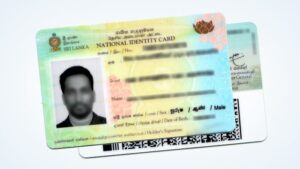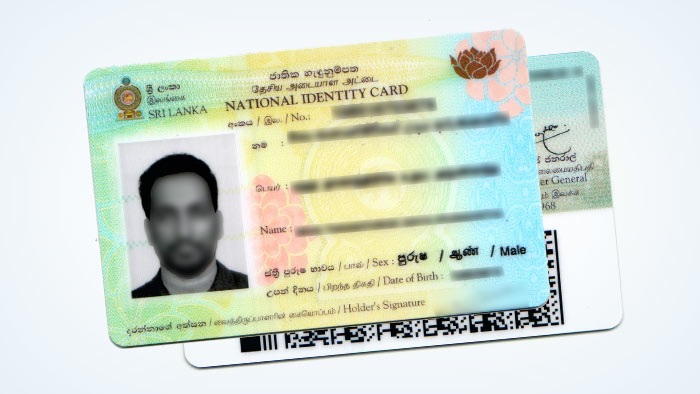Sri Lanka Approves Revised India-Funded Unique ID Card Project Amid Controversy
 Sri Lanka’s Cabinet of Ministers has approved a revised version of the India-funded Unique Identity Card project after several months of scrutiny. The proposal has now been sent to the Indian High Commission for further action, State Technology Minister Kanaka Herath announced on Monday.
Sri Lanka’s Cabinet of Ministers has approved a revised version of the India-funded Unique Identity Card project after several months of scrutiny. The proposal has now been sent to the Indian High Commission for further action, State Technology Minister Kanaka Herath announced on Monday.
“We’ve faced issues over the past five months trying to secure Cabinet approval. Finally, last month we received the go-ahead, and our proposal is now with the Indian High Commission. We expect to move forward with the tendering process within this month,” Herath said during a media briefing in Colombo.
Background and Delays
The project, overseen by the Technology Ministry, had been stalled for over a year due to concerns over data privacy and security. Public Security Minister Tiran Alles had previously expressed fears about potential data breaches, stressing that Sri Lankan citizens’ data should not be accessible by any other country.
Initial Bidder Disqualification
Last year, President Ranil Wickremesinghe’s government disqualified two Indian firms, Madras Security Printers (MSP) and Protein Technologies, which had initially won the tenders. The State Technology Minister clarified that these bidders did not meet the required qualifications, leading to additional delays and a revision of the project.
Financial Aid and Future Plans
India has already provided an advance aid of 450 million Indian rupees to support the project. Herath mentioned that if the tendering process is completed within the next three months, the project could become operational within the next one-and-a-half years.
Data Privacy Concerns
Despite assurances from Herath and the Indian High Commission, concerns over data privacy remain a significant issue. Some security analysts and public figures worry about the potential for data breaches. Herath has addressed these concerns, stating that amendments have been made to ensure data protection.







